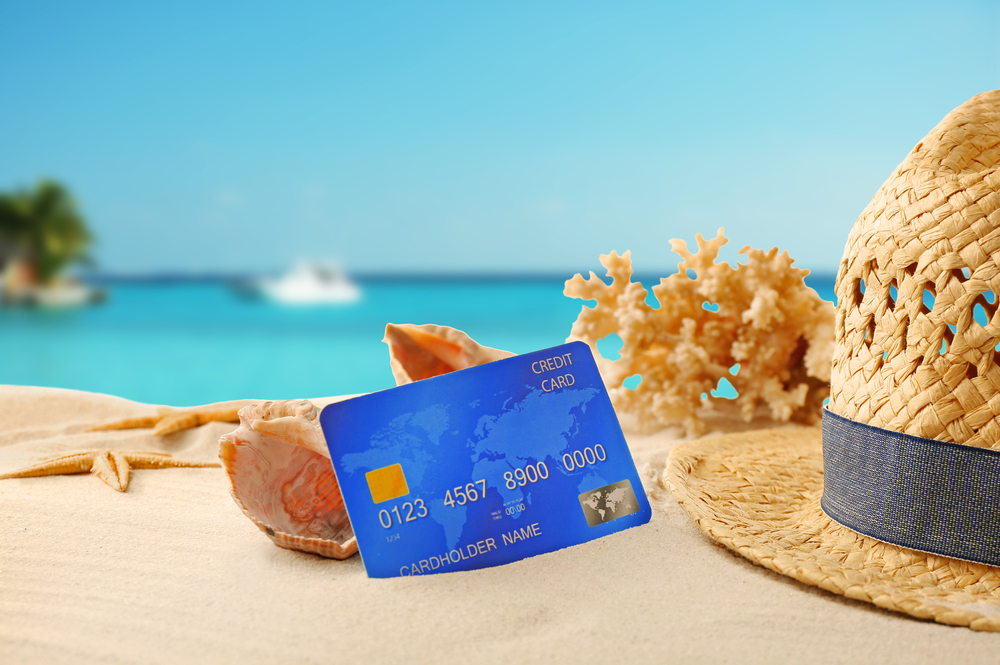If you’re a business owner, you’ll need a credit card for large payments for your business. For personal use, a credit card can help you in budgeting and purchasing items you badly need when you’re out of cash.
Whether for personal or business use, using a credit card is convenient, and it’s a good way of building a credit history. Also, you can attain financial independence with the proper use of credit cards, and this can only be achieved if you kickstart and open one.
So, how do you choose your first credit card? Check some helpful tips below.
Evaluate Your Financial Situation
It’s important to assess your current financial situation by starting evaluating your credit score. Your creditworthiness is reflected in your credit score, which typically ranges from 350 to 850. You can request a copy of your credit score from Equifax, Experian, or TransUnion. You’ll be eligible for higher credit limits and lower interest rates if you have a high credit score. Of course, you can choose one of the best first credit cards that will help you financially.
What if you don’t have a credit history? It’s still possible to get approved for a credit card even without a credit history because you can build yours. Here’s how:
-
Applying for a secured credit card is a great way to build a credit history. It usually requires a cash deposit, and those who have little to no credit history can apply.
-
Using a co-signer on a credit card application is another method to have your first credit card approved even without a credit history. A co-signer will back you up and serve as a witness that you have the ability to pay back credit card debt. However, misusing a credit card and building up debt can negatively affect the credit score of the co-signer.
Know the Risks and Benefits
Before getting your first credit card, you have to understand the risks in order to avoid misuse or abuse. While you can buy whatever you with your credit card, even small but frequent purchases will tend to accumulate and sum up to a large amount of money.
Ask the representative of the bank or financial institution to explain to you in layman’s terms the risks and benefits of the type of credit card they’re offering. Don’t hesitate to ask relevant questions concerning credit card use, impact on your credit score, and other financial matters you want to discuss. In that way, all the details on the terms and conditions are clear to you to avoid blaming yourself at the end.
Know the Credit Card Charges and Fees

It’s important to understand the different credit card fees so you can avoid them. Of course, you don’t want to pay a lot of money on these fees apart from the amount of money you borrowed. Remember that finance charges are not fixed amounts like other fees, and they change depending on the interest rate. The balance is usually carried over from one month to another after the grace period (usually 21 to 25 days) ends.
Here are some of the credit card fees you should be aware of:
-
Annual Fees: Credit cards with annual fees tend to offer great rewards programs. But, you can avoid this yearly fee by using reward cards and choosing a credit card provider that doesn’t charge annual fees.
-
Foreign Transaction Fees: If you purchase an item outside the country, you’ll be charged with a foreign transaction fee, which is two to three percent of the total purchase amount.
-
Cash Advance Fees: If you availed of a cash advance, you’d be charged with this fee, which usually doesn’t have a grace period. Remember that cash advances have higher interest rates than standard purchases.
-
Late Payment Fees: This fee will be charged any time you purchase something after the due date of your credit card with a $28 cap.
-
Returned Payment Fees: Invalid payments can lead to this charge. Let’s say you’ve mailed a check for payment without sufficient funds to cover the payment. The cap amount for this charge is $39.
Conclusion
When choosing your first credit card, it’s important to evaluate your financial situation, know the risks and benefits of opening a credit card, and the fees involved. In that way, you can choose the best one that suits your financial needs and payment capability to help you attain full financial control and independence for a better and happier life.
